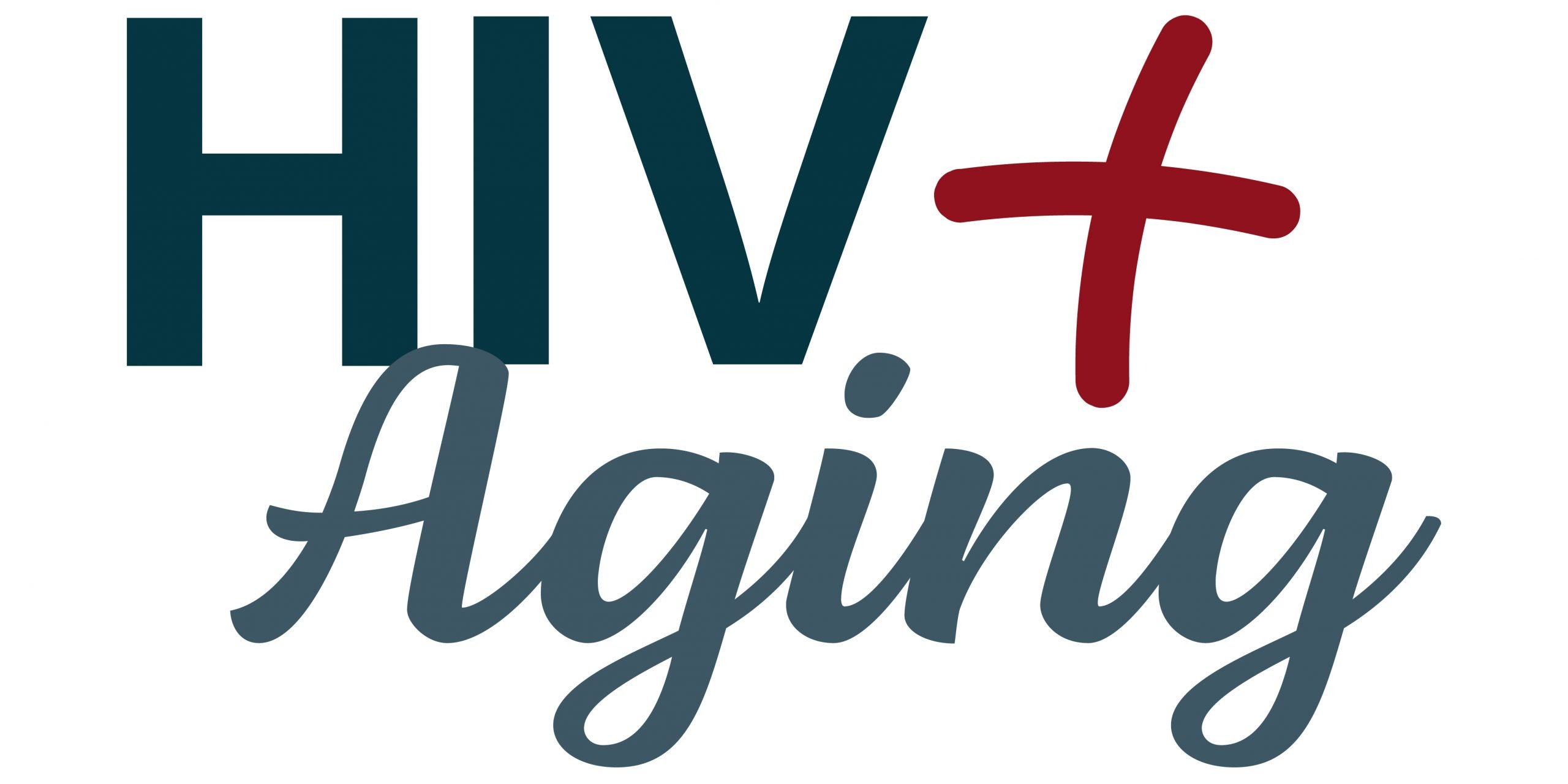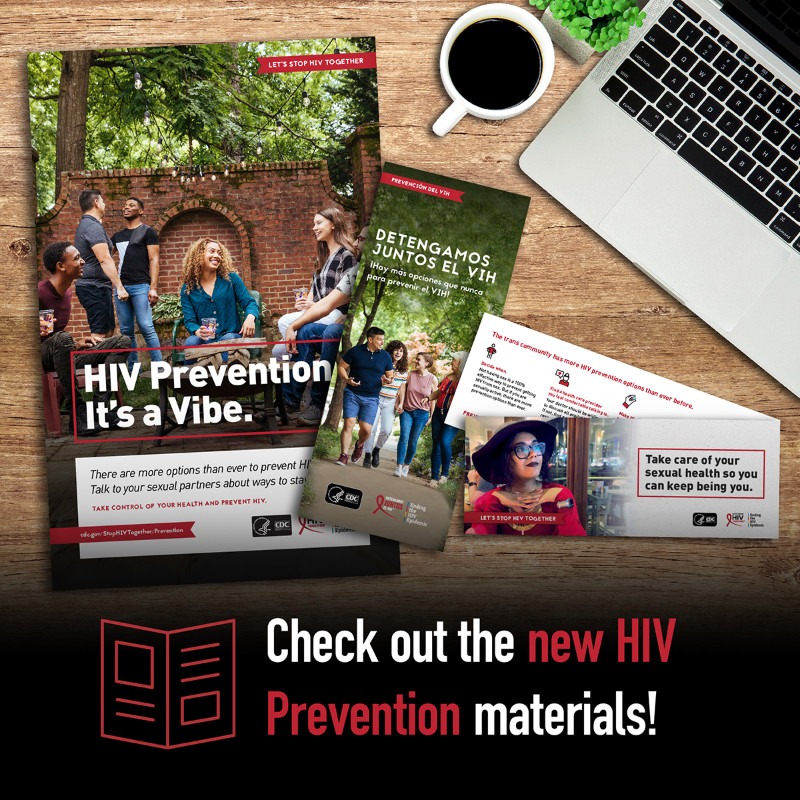The results of recent research studies have led to great optimism within the HIV community of the possibility of getting to zero HIV cases.
HPTN 052 and the PARTNER study, two studies with results made public in 2016, found that people living with HIV who had achieved viral suppression transmitted zero infections to their partners. Both heterosexual and gay couples participated in the study. Some cases of HIV transmission did occur in the study, but these new infections happened when the partner living with HIV had a viral load, or level of HIV in the blood, that was not fully suppressed. In these cases, the person living with HIV had either only just begun taking anti-HIV medications, or the treatment was no longer working and the virus was replicating.
Research has clearly proven also that HIV treatment improves the health of people living with HIV and significantly reduces HIV-related deaths. Results from the Strategic Timing of Antiretroviral Treatment (START) study released in 2015 demonstrated significant health benefits for people living with HIV if they start taking anti-HIV medications sooner, rather than later. This study’s results support treating people living with HIV when the CD4+ T-cell count—a key measure of immune system health—is higher, instead of waiting until the CD4+ count drops to lower levels. START also showed that anti-HIV medications reduced the risk of HIV transmission to uninfected sexual partners.
The U.S. Department of Health and Human Services now recommends that all people living with HIV take anti-HIV medications, regardless of their CD4 cell count.
Good news for pregnant women living with HIV
Research also has demonstrated that pregnant women living with HIV can improve their health and greatly lower the chances they will pass HIV to their babies by taking anti-HIV medications before, during, or after birth. If a woman takes anti-HIV medications as prescribed throughout pregnancy, labor and delivery and while breastfeeding, the risk of transmitting HIV to the baby can be 1 percent or less. Anti-HIV medications are most effective for preventing HIV transmission to babies when women begin this drug therapy before they become pregnant or as early as possible during pregnancy. Keep in mind, however, there are still great benefits for women who start taking these medications during labor or shortly after the baby is born.
In sum, these studies demonstrate the health benefits of staying in care, taking anti-HIV medications consistently as prescribed, and achieving viral suppression to people with HIV, their partners, and their babies. These benefits provide good reasons for people living with HIV to keep up with their medical appointments, take their HIV medications every day, and follow doctor instructions about when they should have their viral loads checked.






